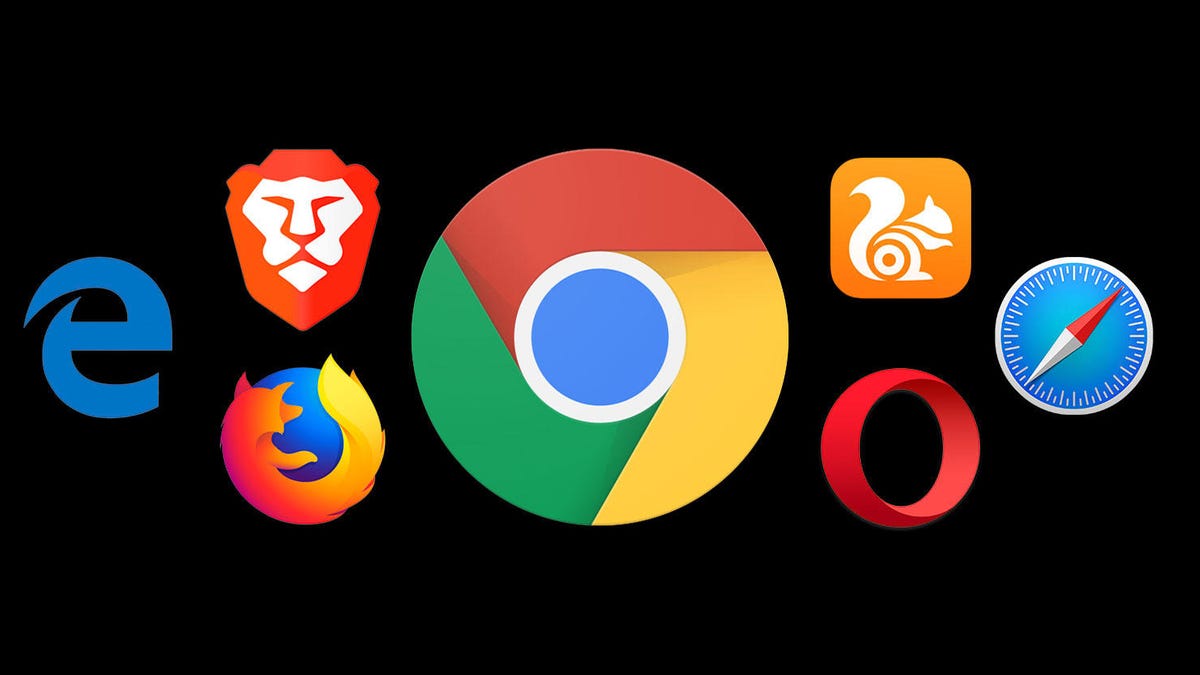Chrome could push privacy with website cookie controls, report says
Blocking cookies and other online tracking technology is becoming the new normal for web browsers.

Google will build controls into Chrome that'll let us better control how websites and online advertisers track us using small text files called cookies, The Wall Street Journal reported Monday.
The move, expected to be announced this week at the Google I/O conference, will give the billion-plus users of Google's web browser an ability to see what cookies are tracking them and offer some abilities to limit their use, the report said, citing unnamed people familiar with the technology. The move reportedly would affect third-party cookies -- those placed by companies such as advertisers or traffic analytics companies, not the operator of the website itself.
Stronger cookie blocking controls would help Chrome catch up to rival browsers like Apple Safari, Mozilla Firefox and Brave Software's Brave that already have some cookie blocking controls. With problems like the Equifax data breach in 2017 and Facebook's Cambridge Analytica scandal in 2018, we've become aware of how little online privacy we often actually have.
Google declined to comment on the Journal report or its Chrome tracking protection plans.
Microsoft, too, is pushing better privacy protection. At its Build conference Monday, Microsoft showed a new Edge privacy feature that'll let you pick unrestricted, balanced and strict controls on cookies and trackers. Edge now is built on Chromium, Google's open-source Chrome foundation, a reflection of the power of Google's browser dominance. Chrome has a 63% share of browser usage, according to StatCounter -- one of those analytics firms that's affected by people blocking tracking software.
Microsoft's Edge browser is following Safari, Firefox and Brave with tracking protection options to protect privacy.
Blocking tracking and cookies can cause websites to render incorrectly, which is why tools to block them typically offer override and configuration options. At the same time, web developers are working to sidestep tracker blockers -- for example with companies like AirDXP that offer tracking services without cookies.
For Google, there are extra problems, though. It's a giant not only in the browser market but also in web services and online advertising. If Chrome curtails cookies, its advertising business can be hurt. But more complicated is the fact that Google could be hurt less than other ad companies: It can place first-party cookies on its own web properties while third-party ad companies cannot.
Google's also got a lot of other ways to track us with websites and Android phones -- search queries and location data, for example -- that conventional ad companies don't. That's why its actions have some raising antitrust concerns about Google Chrome and advertising.

